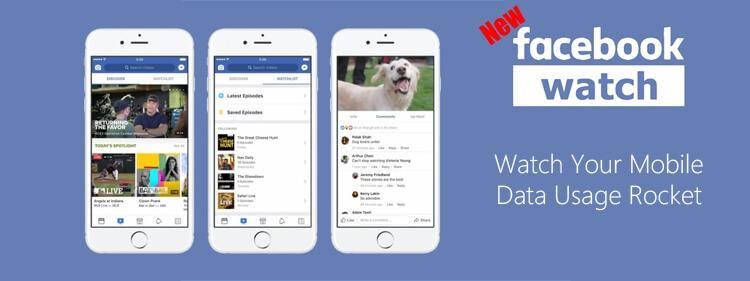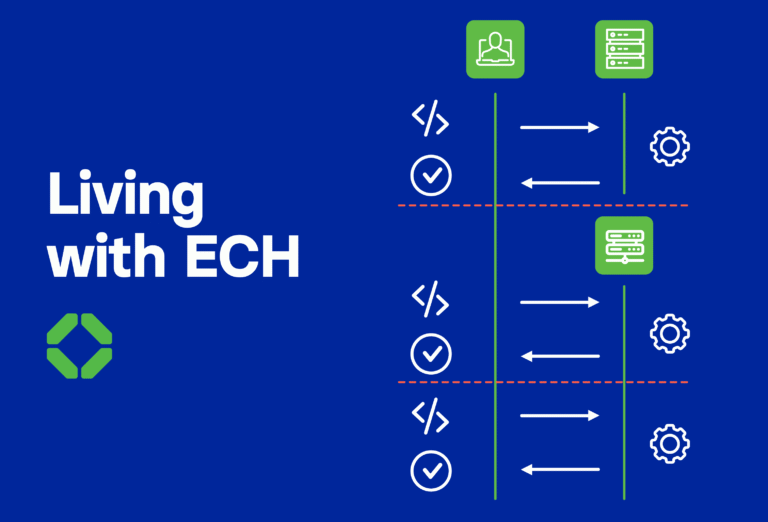Why Facebook Watch Could Be A Problem For Your Company’s Mobile Data Usage costs

Why Facebook Watch could be a problem for your company’s data usage policies
Facebook has now opened up its Watch Tab for original video content to everyone in the US. While it’s not going to rival YouTube or Netflix anytime soon, it is still going to be something that you can be sure your employees are going to check out, and more than likely on work time too if possible! If you are responsible for managing your organization’s company’s mobile data usage and service costs, you’ll no doubt be thinking about the implications of yet another popular streaming service for your employee’s mobile data usage. It is not yet available outside of the US, but you’d imagine that it will only be a matter of time. The implications could be significant for your company’s mobile data usage levels and mobile service costs, especially if it happens when they are roaming.
Mobile data usage has grown rapidly in the last two years
Enterprise mobile data consumption has been growing at between 50% and 100% over the last 24 months. This has been driven by 4G and by the increased use of video streaming in social media and entertainment apps. Corrata’s analysis indicates that 70% of employee mobile data is now non-business related as people spend more and more time streaming video on Facebook, YouTube and Netflix. If staff watching the latest Game of Thrones episode, or their favourite Youtuber wasn’t bad enough, you now have Facebook Watch to contend with. There isn’t a lot of great content on it yet, but there will be soon, and Facebook is clearly making a play for some of the viewing time that is currently spent on YouTube.
While the current content isn’t great, Facebook is already working on deals to offer music companies payments for copyrighted tunes that may be used. If it was problematic enough having your employees streaming their favourite music sharing sites, you will now need to consider another potential source of video & music streaming to consume valuable company data too. It may be less of a problem in terms of costs if they are on home networks, but it is important that they understand the potential difference in costs for your company if they are viewing while roaming.
It is vital to be proactive and have a data management plan in place for your company
As end users, the proliferation of video viewing options is exciting and offers an increasing range of ways for us to be entertained. Businesses, however, need to be able to enforce mobile data usage policies. It is understandable to tolerate a reasonable level of personal mobile data consumption by employees. The challenge is that with the growth in the bandwidth requirements of social media apps is that company mobile data usage will continue to escalate. A recent report by Ericsson, for example, suggested that this could increase by five times in five years. Enterprises need to develop clear policies about reasonable usage. If they don’t they are going to face problems in the rush from TV to streaming video. Especially now that costs for doing so on a home network versus a roaming one could be significantly different.
What to expect from Facebook Watch in the brave new world of ‘non-linear’ media
There will be a wide range of content, including live shows, where hosts to take questions from viewers. As with Twitter, there will also be live feeds of major sporting events and content by Buzzfeed and others. The goal is to create a ‘social TV experience’. This will be a challenge for Facebook. If they don’t get ‘non-linear’ media right than their rivals will. Their goal is to try to keep viewers on the device, on your channel, for as long as possible. This allows the viewer to personalise what, and how they consume your content becomes more and more important. This offers unparalleled viewing experiences for end users. It is also a challenge for businesses looking to maintain company mobile data usage costs.




